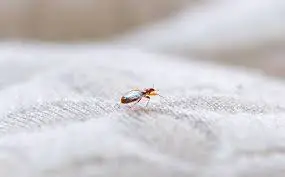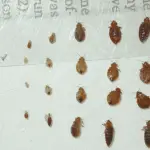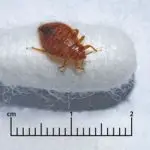Can You Become Immune to Bed Bug Bites?
Bed bug bites are itchy and leave behind blister-like skin inflammations. Some people are immune to bed bug bites and do not develop an allergic reaction to them. However, others can develop large, itchy welts that take weeks to heal. It is important to know how to identify bed bug bites and prevent them from becoming chronic. Bed bugs are blood feeders, and their bites are usually found in the area where you sleep. However, they can also spread to other areas of your home, including cracks and crevices in your bed frame and box spring.
You can avoid bedbug bites by making your bedroom as bug-proof as possible. Remove any clutter from the room and keep the areas around your bed clear of furniture. You should also cover all electrical outlets and cover your mattress. If you are unsure of how to avoid bed bug bites, it is best to get professional help.
Researchers have found that age may play a role in bed bug bite reactivity. They found that 42 percent of elderly people had no allergic reactions to bed bug bites, while only 26 percent of people aged 11 to 65 had no allergic reactions to bed bug bites. Despite that, some people may become immune to bed bug bites because their immune systems have become less responsive.
Allergies to bedbugs are the cause of about 50 percent of bedbug bite cases. Treating your allergies is one of the best ways to protect yourself against bed bug bites. A professional doctor knows how to treat allergies, and he can help you determine if you have any. If you have allergic symptoms, it is very important to get a proper allergy test and treatment as soon as possible.








